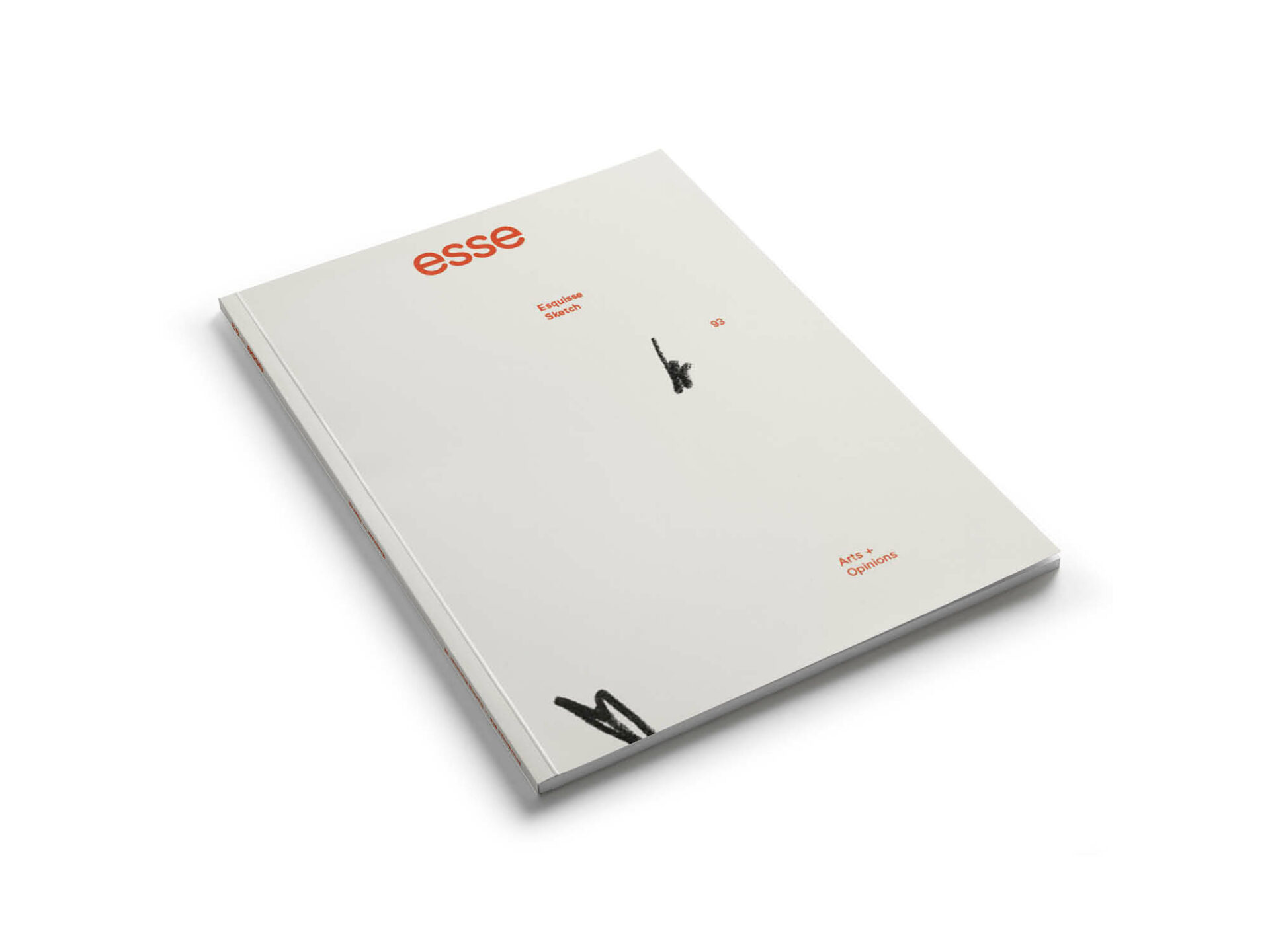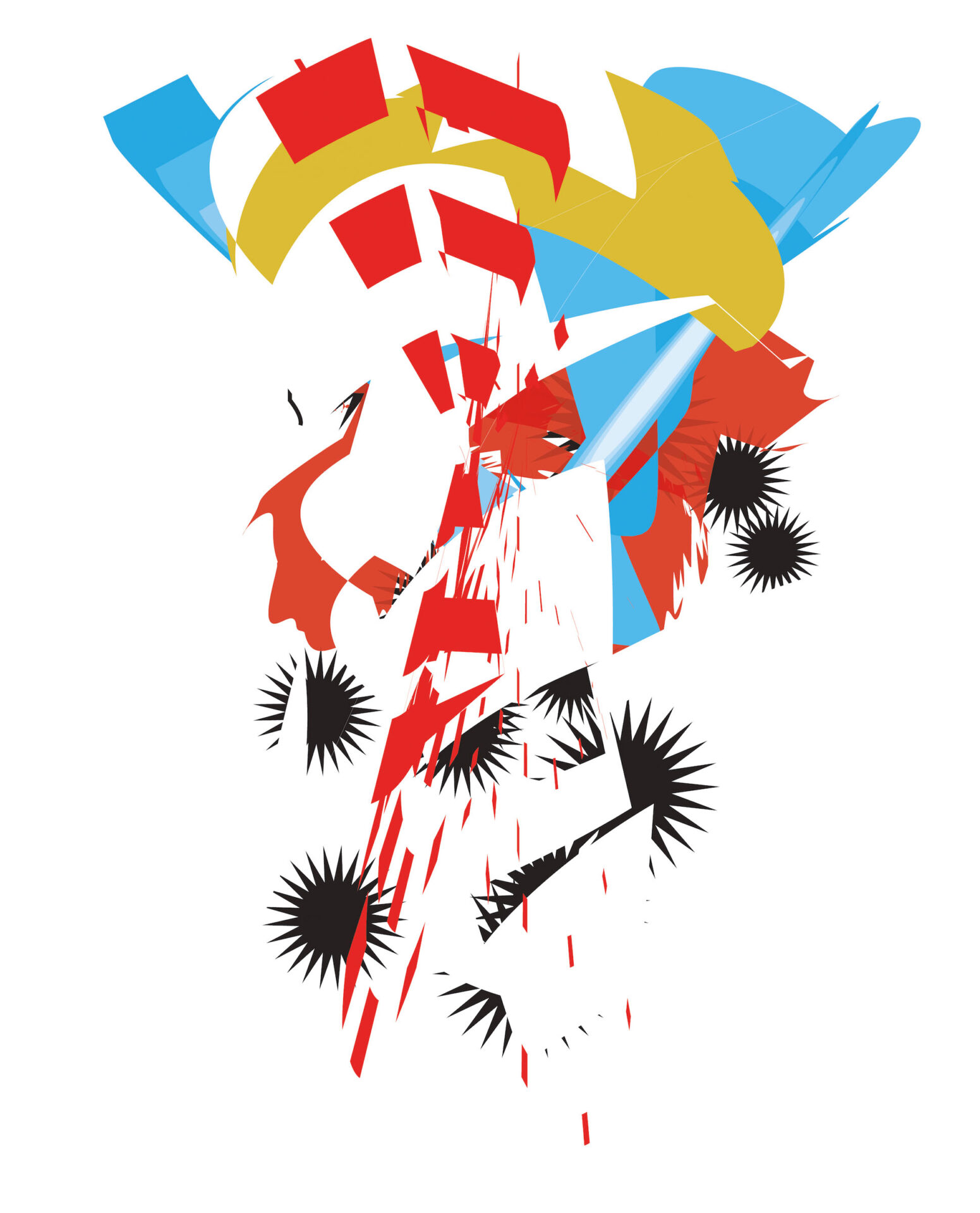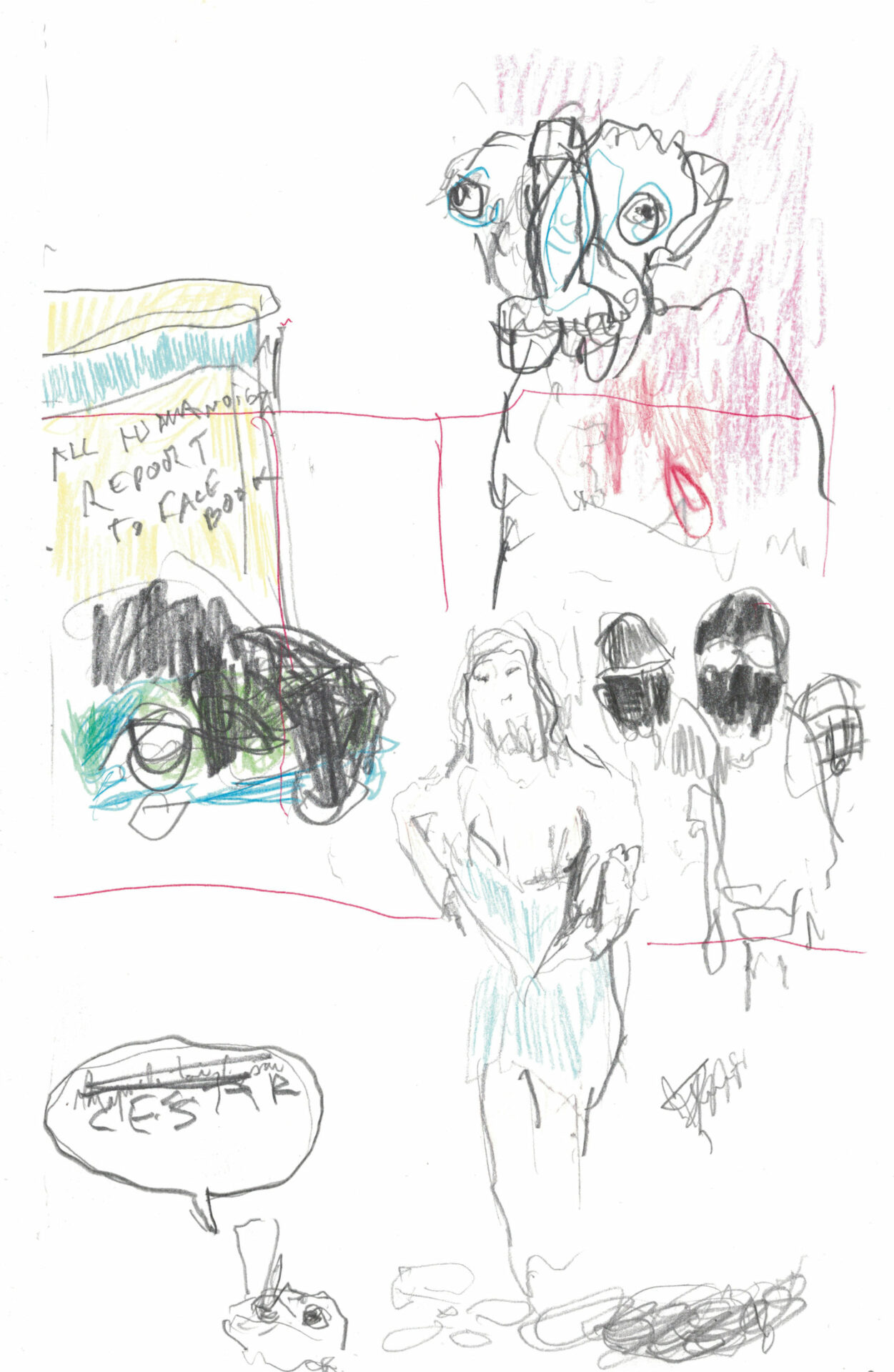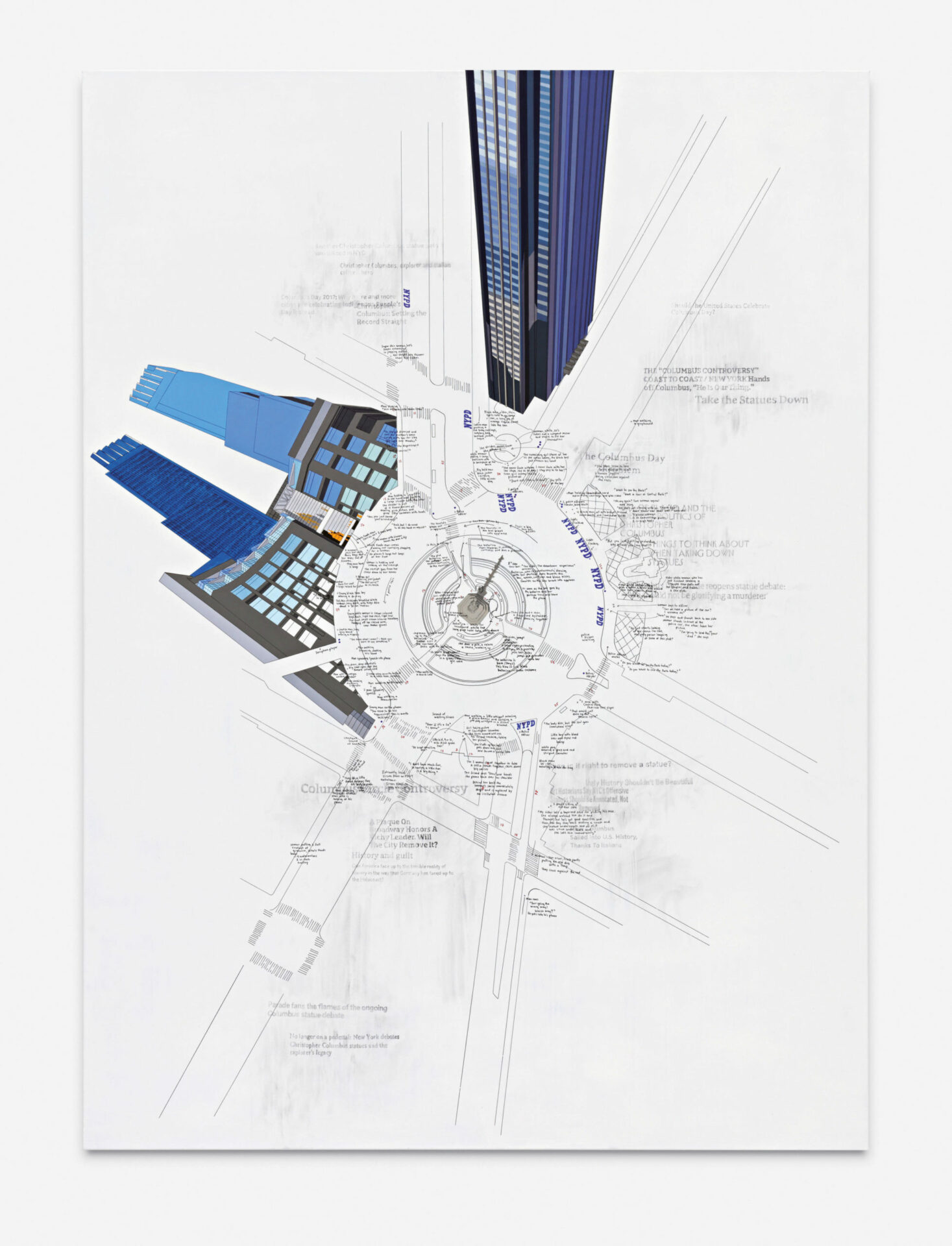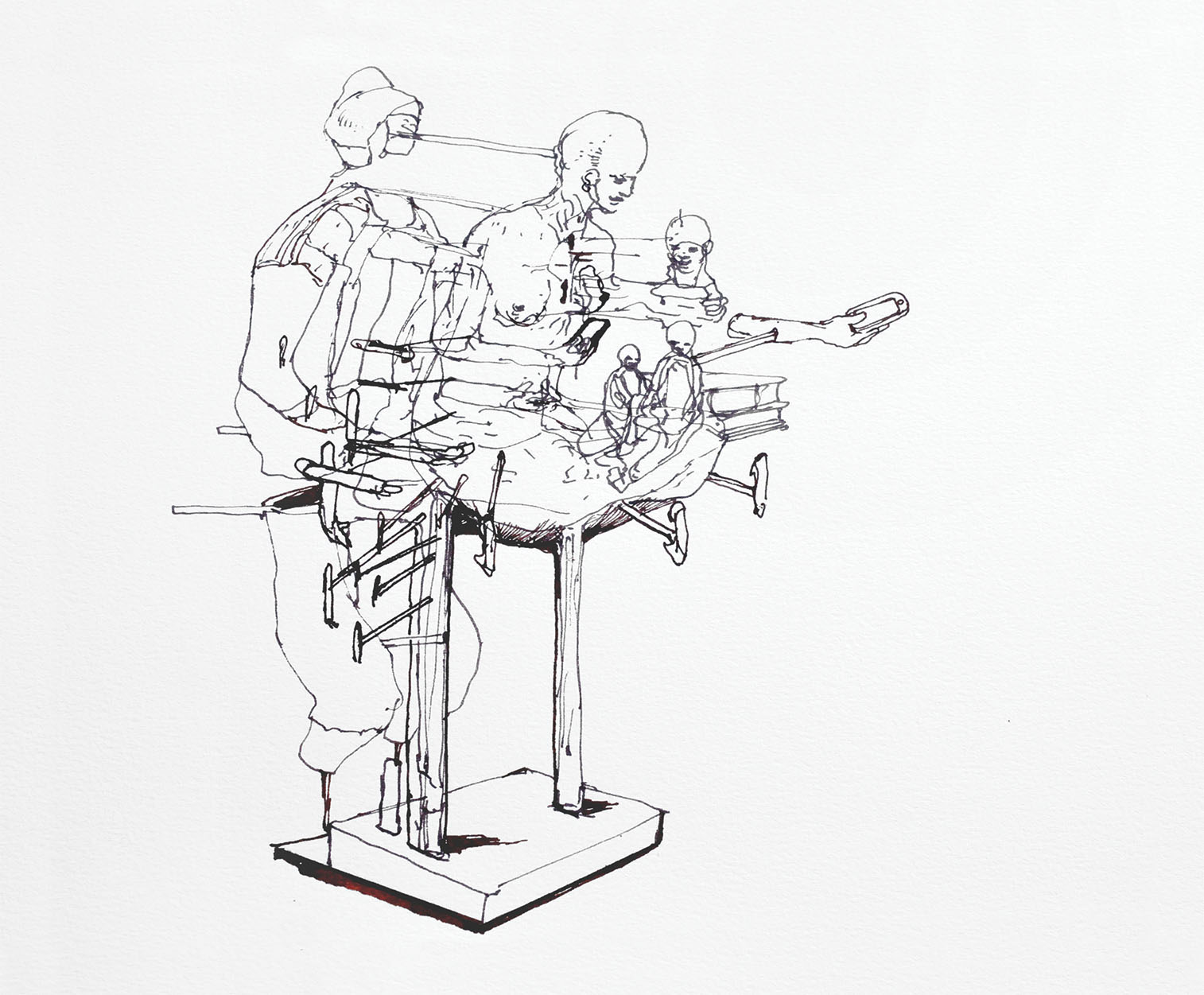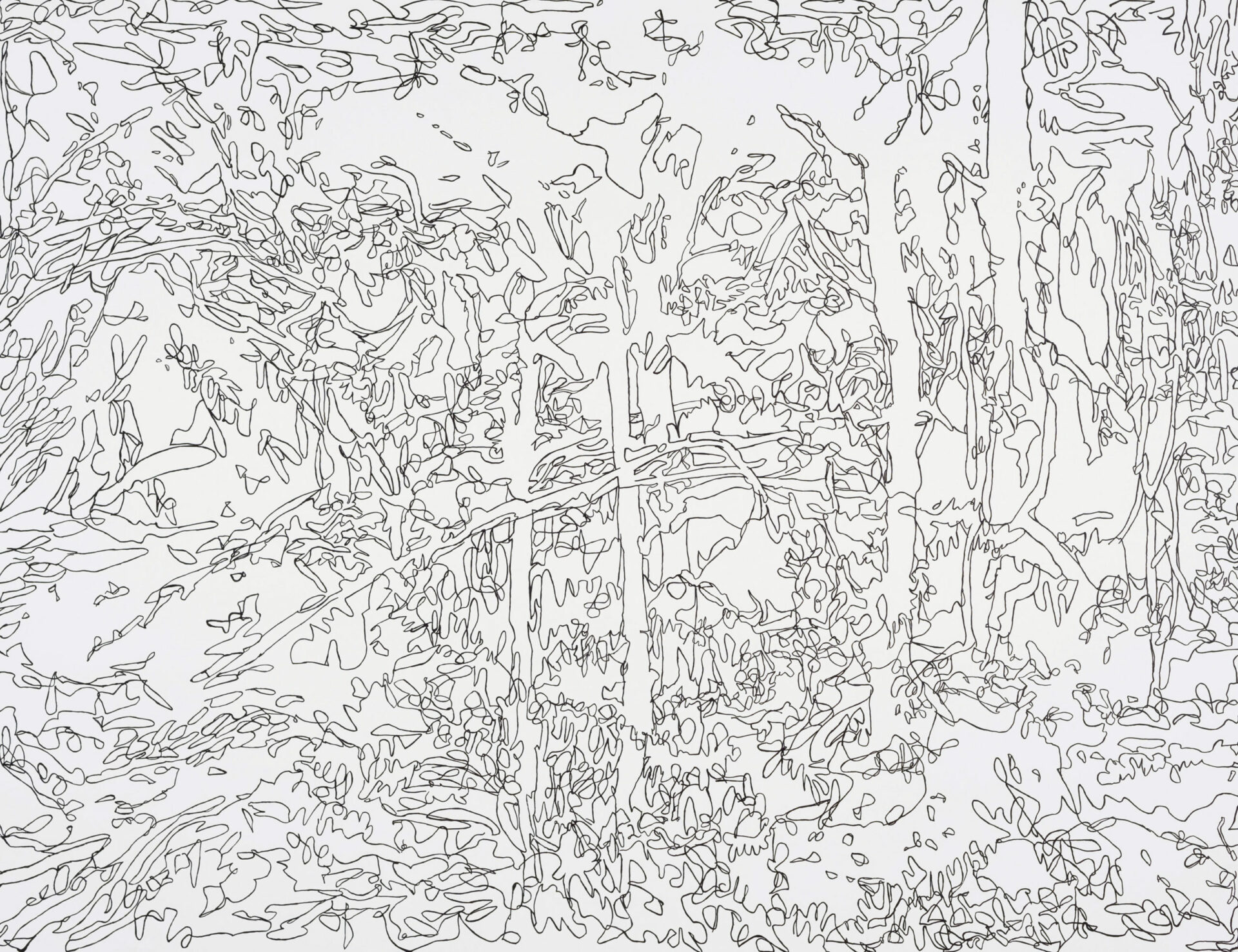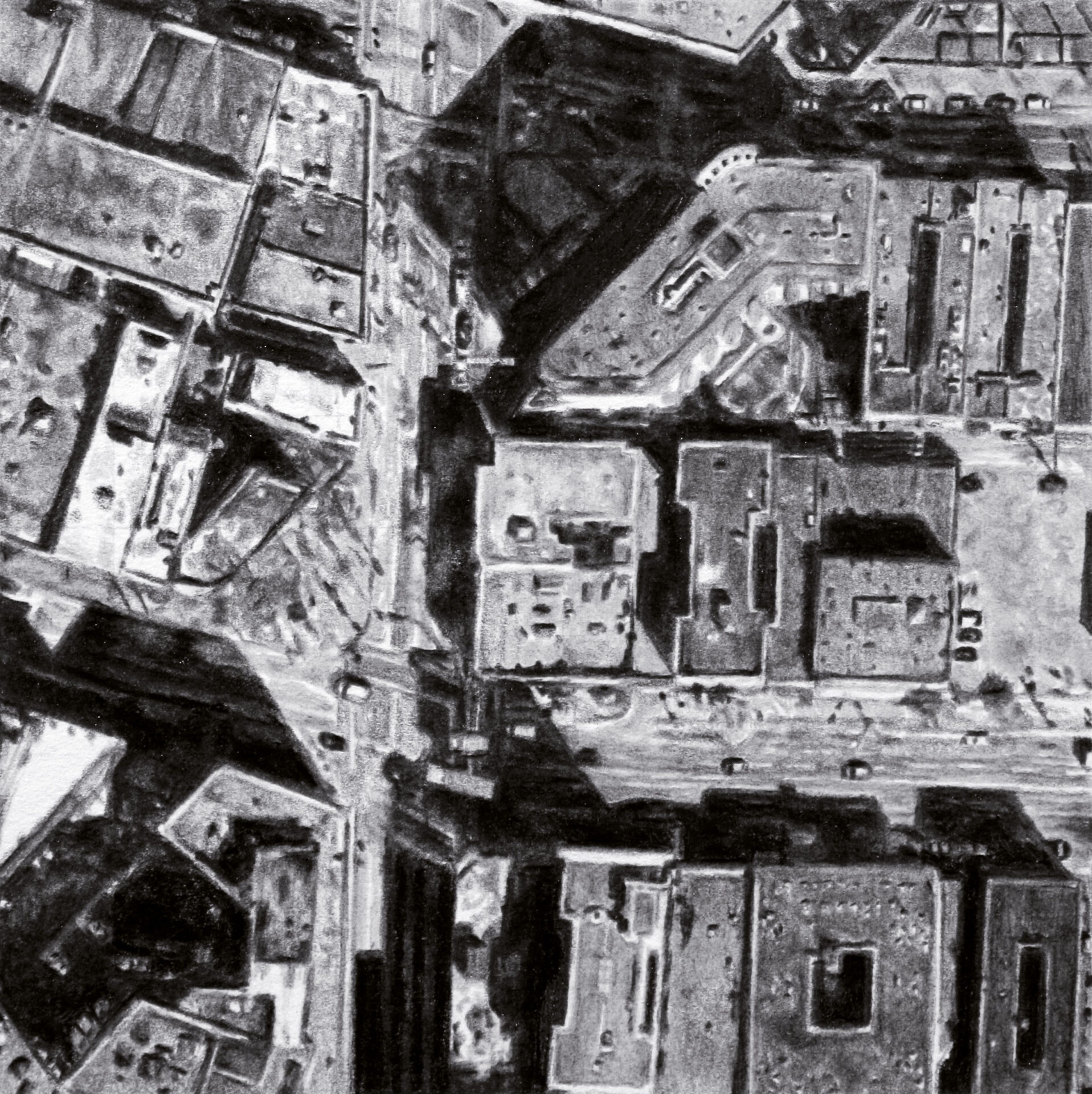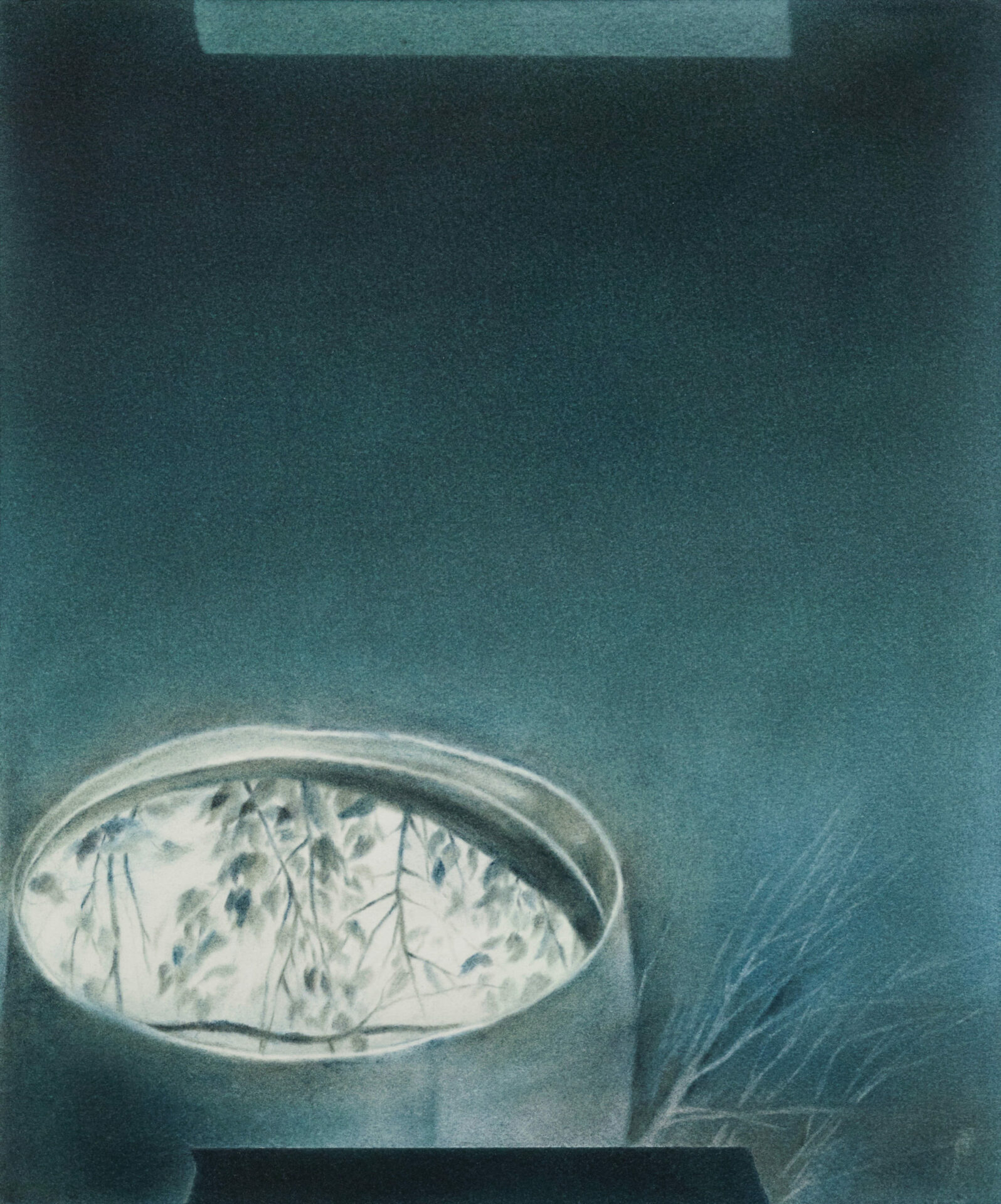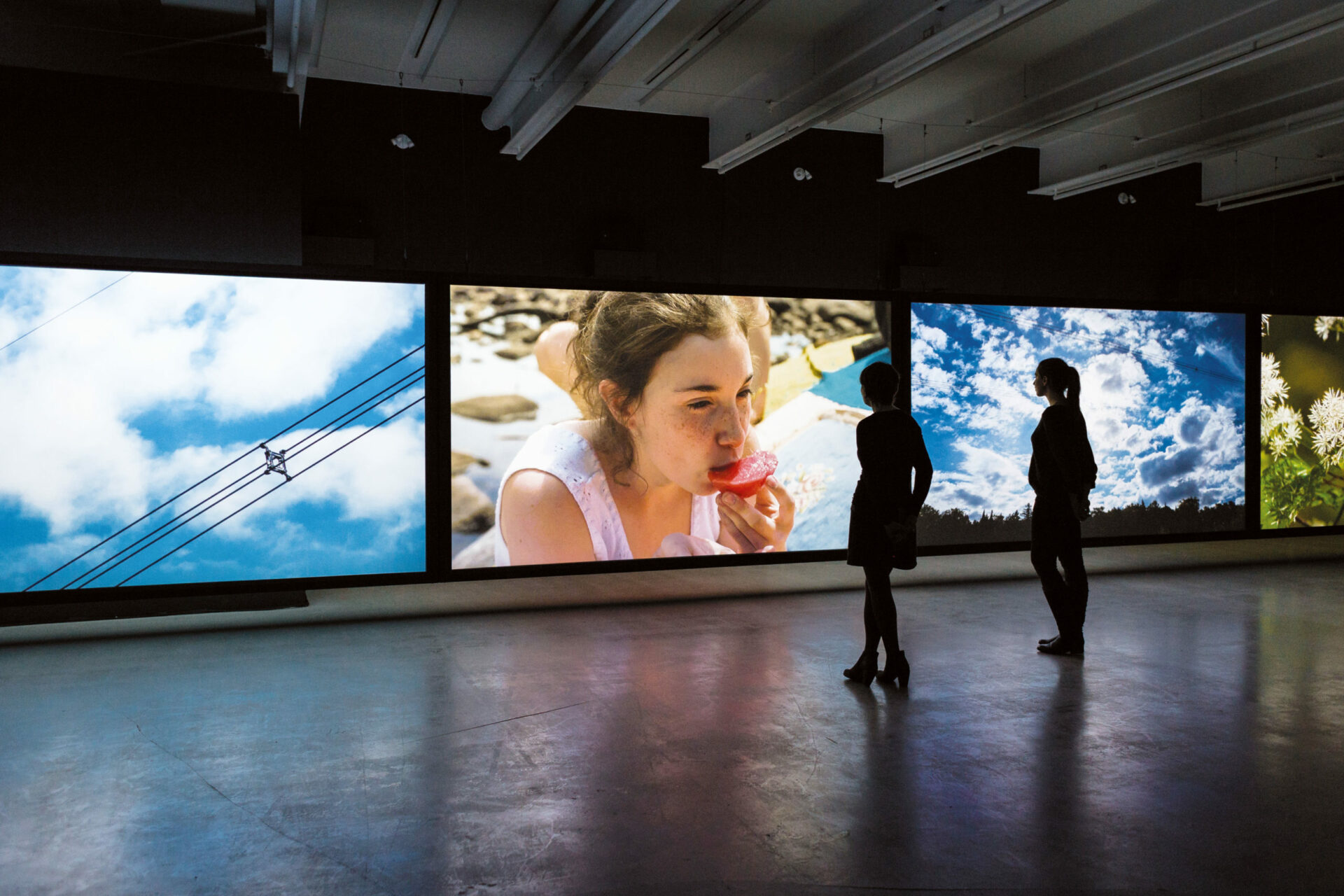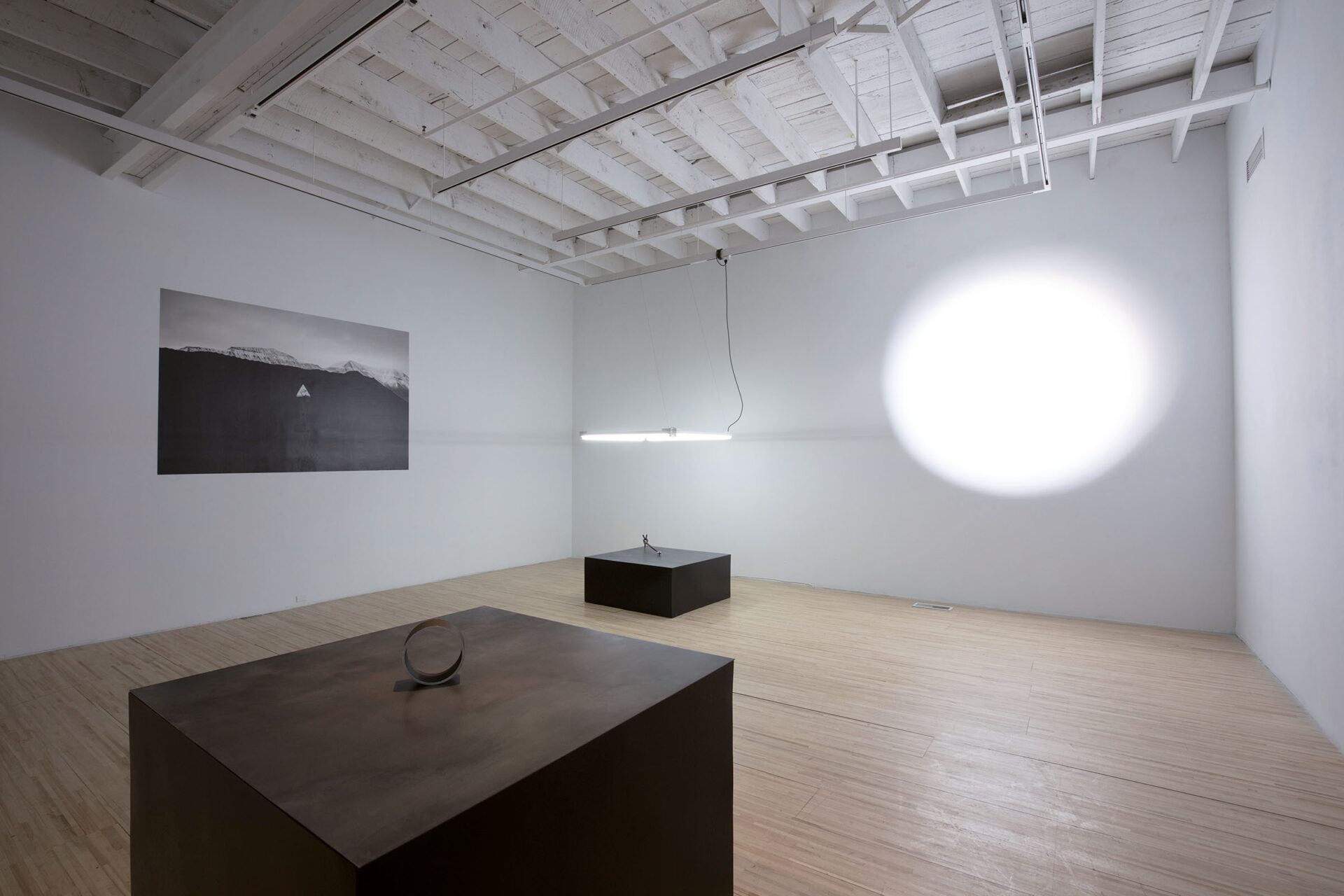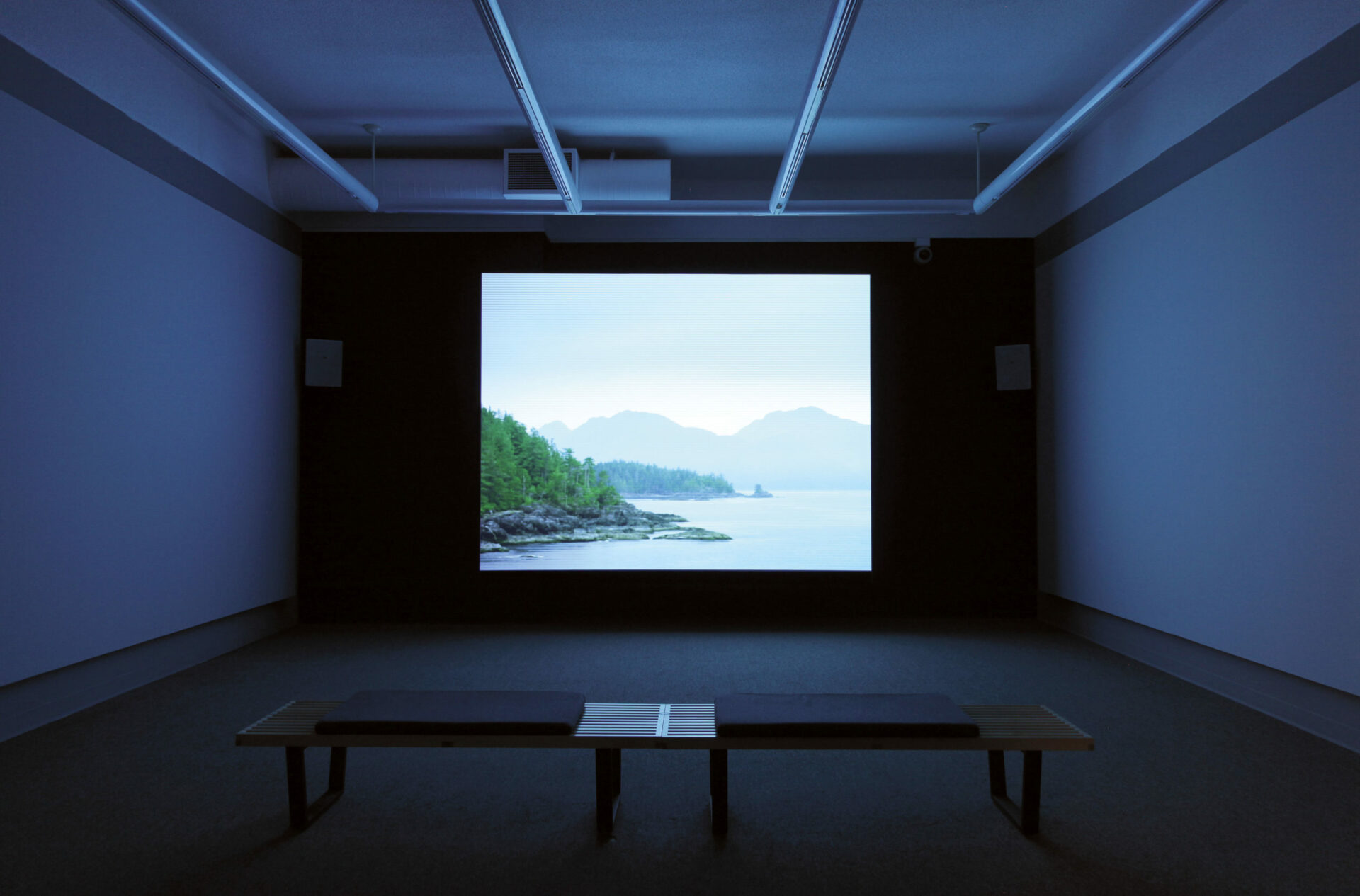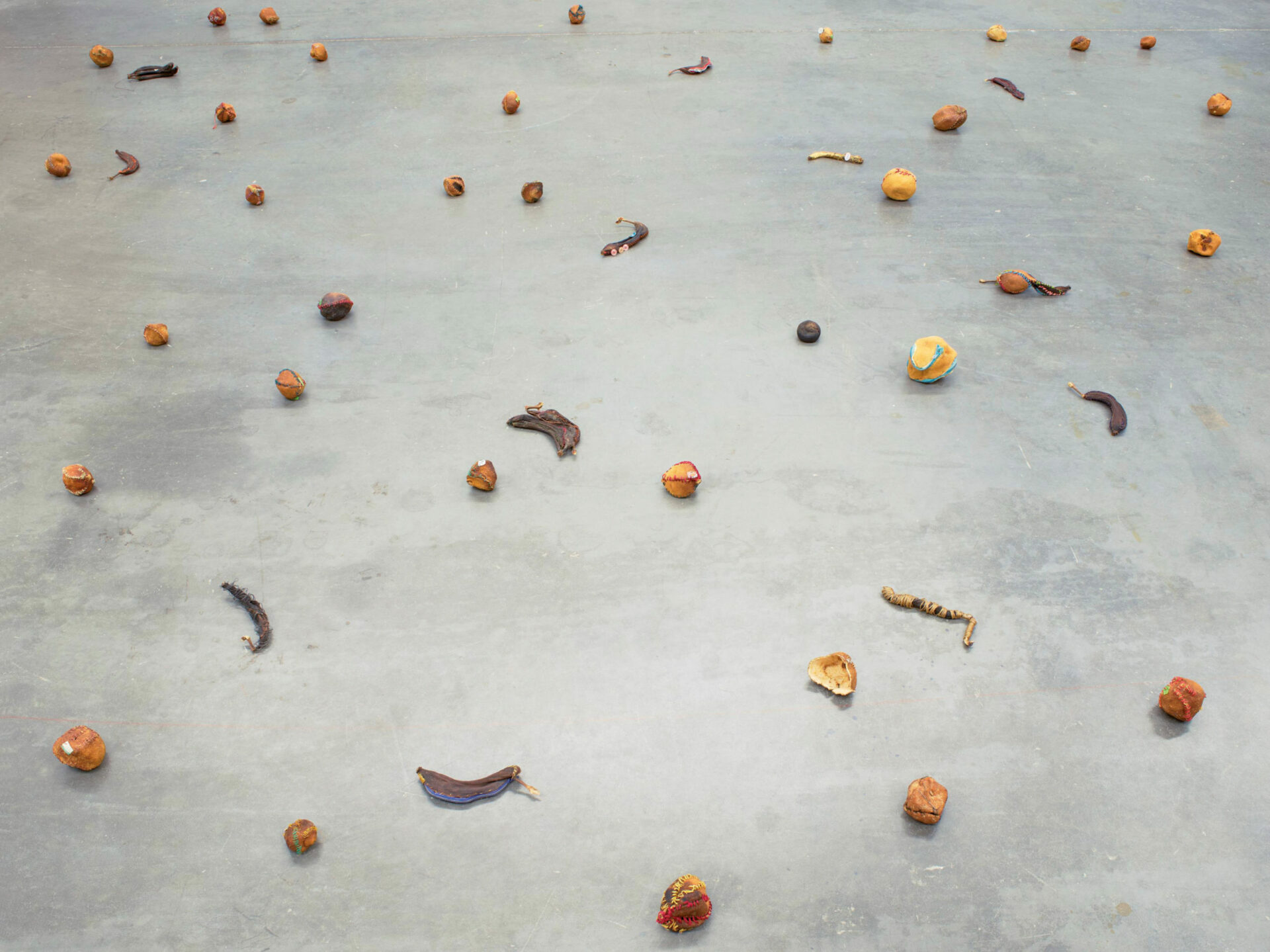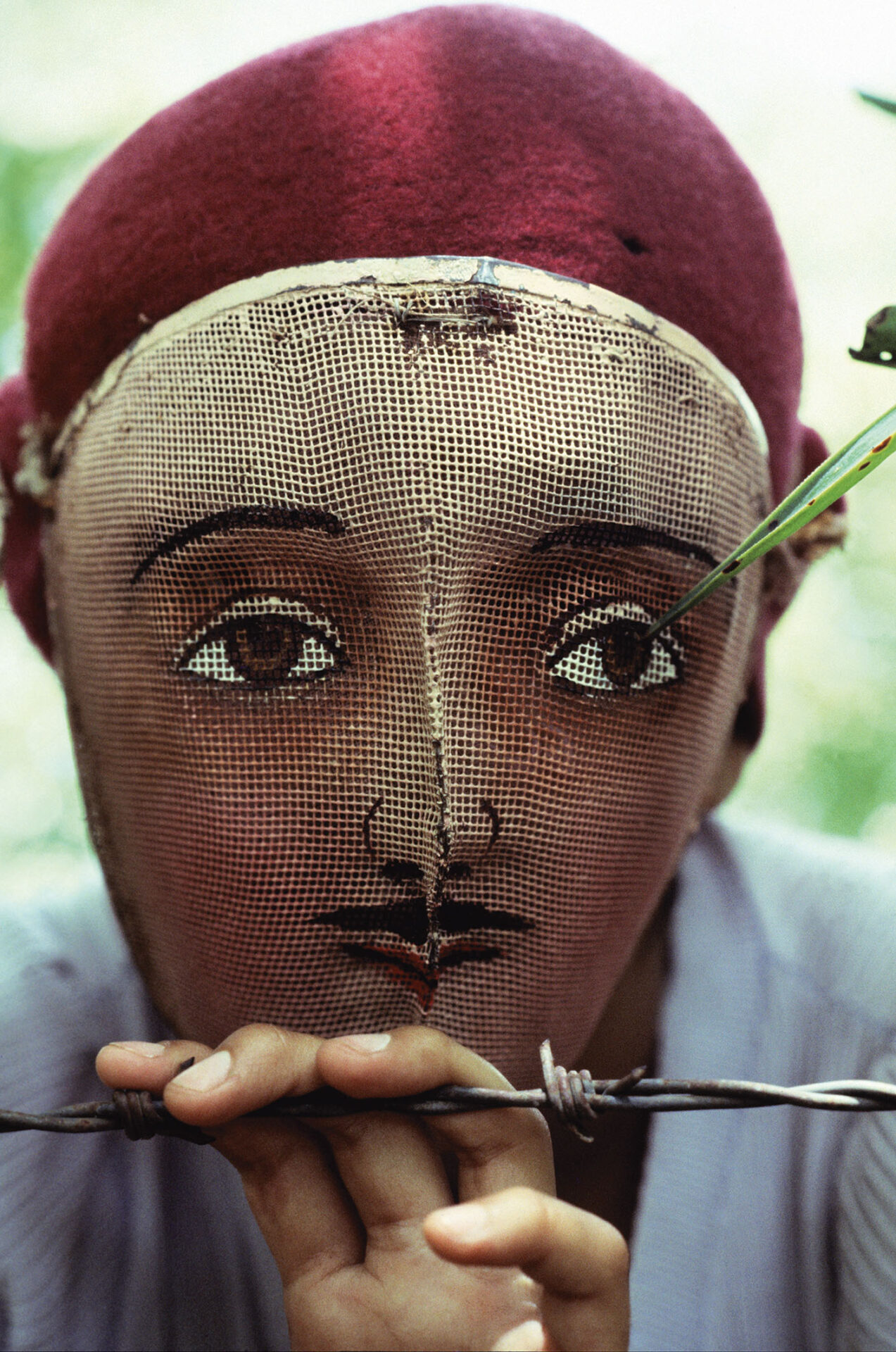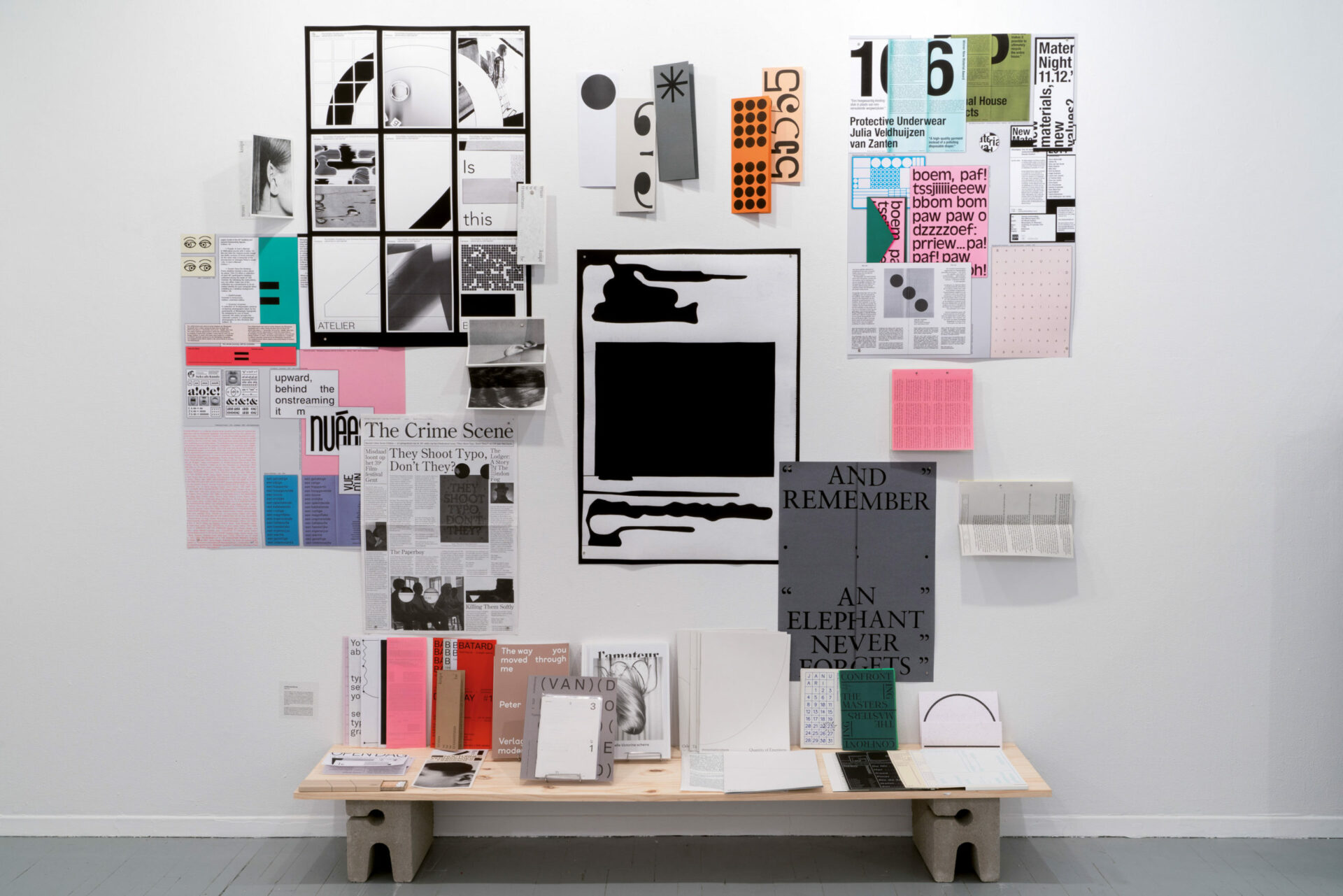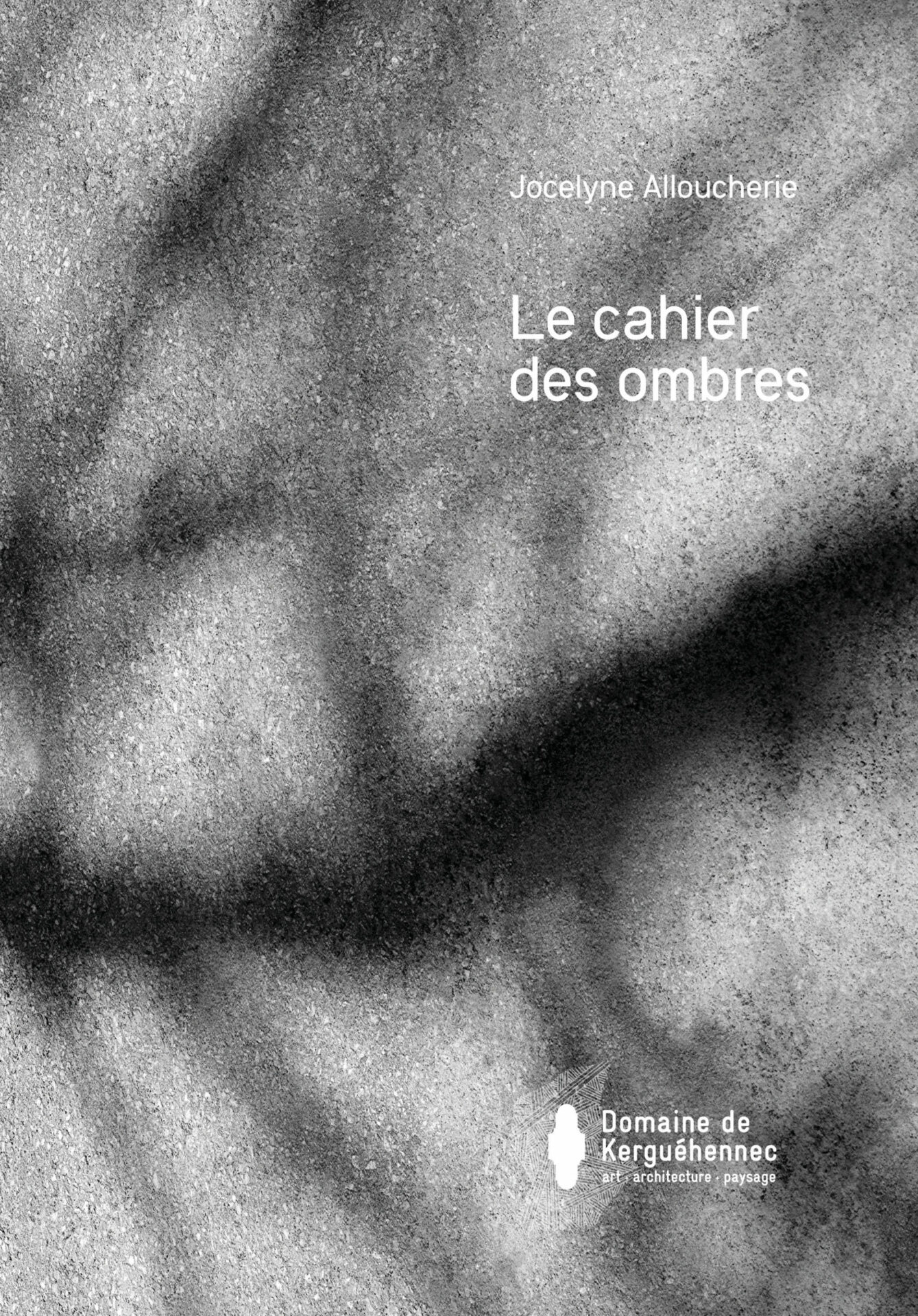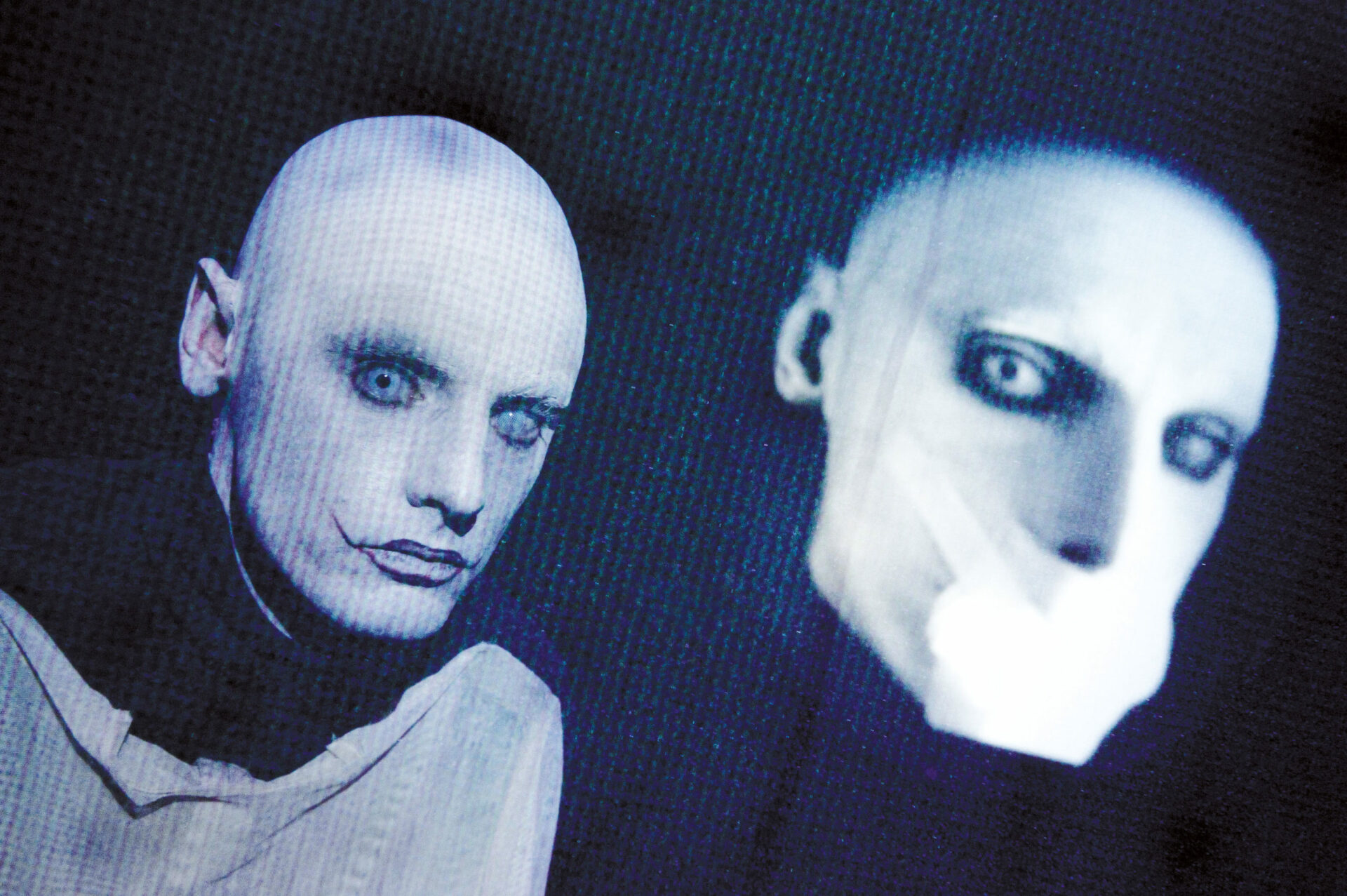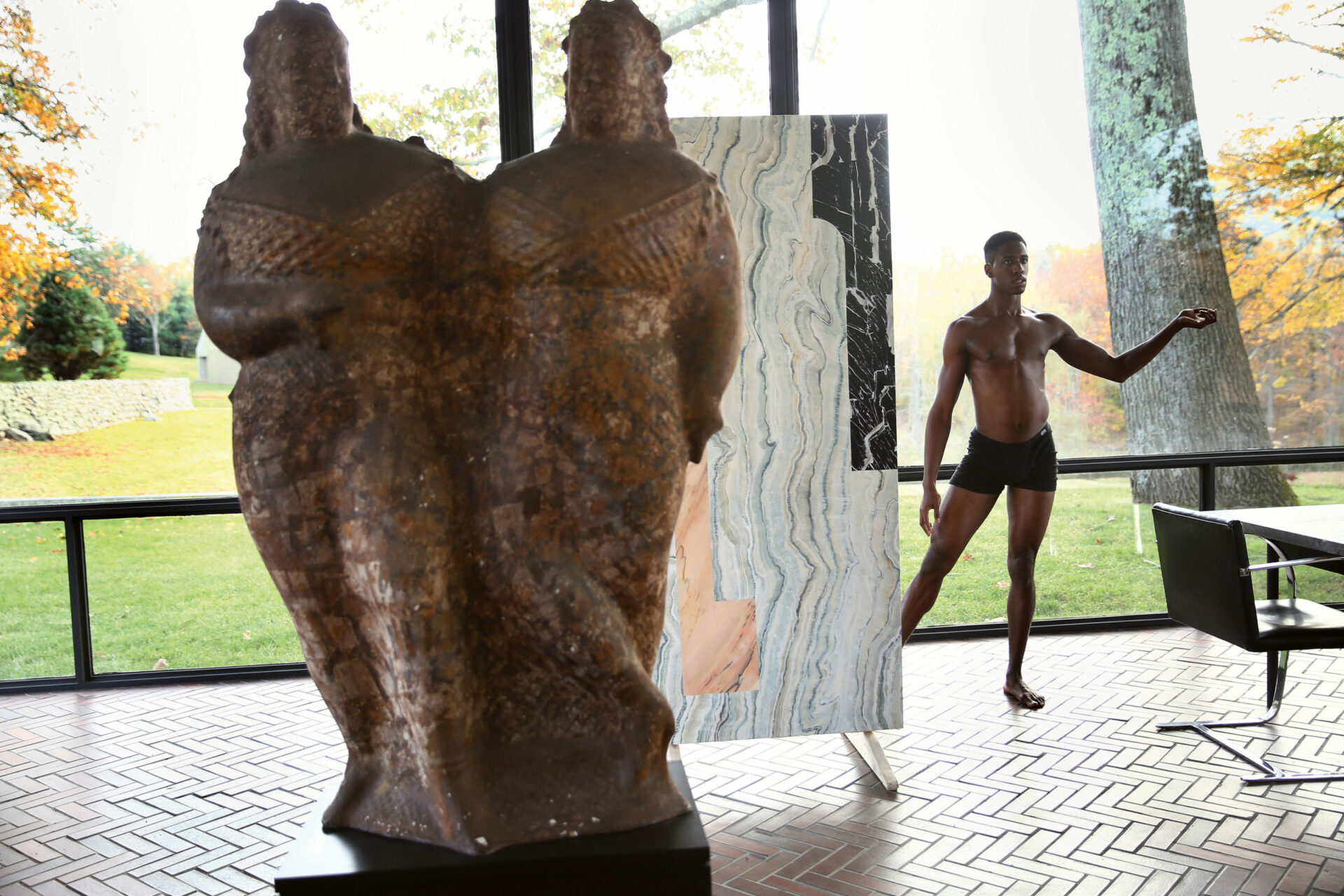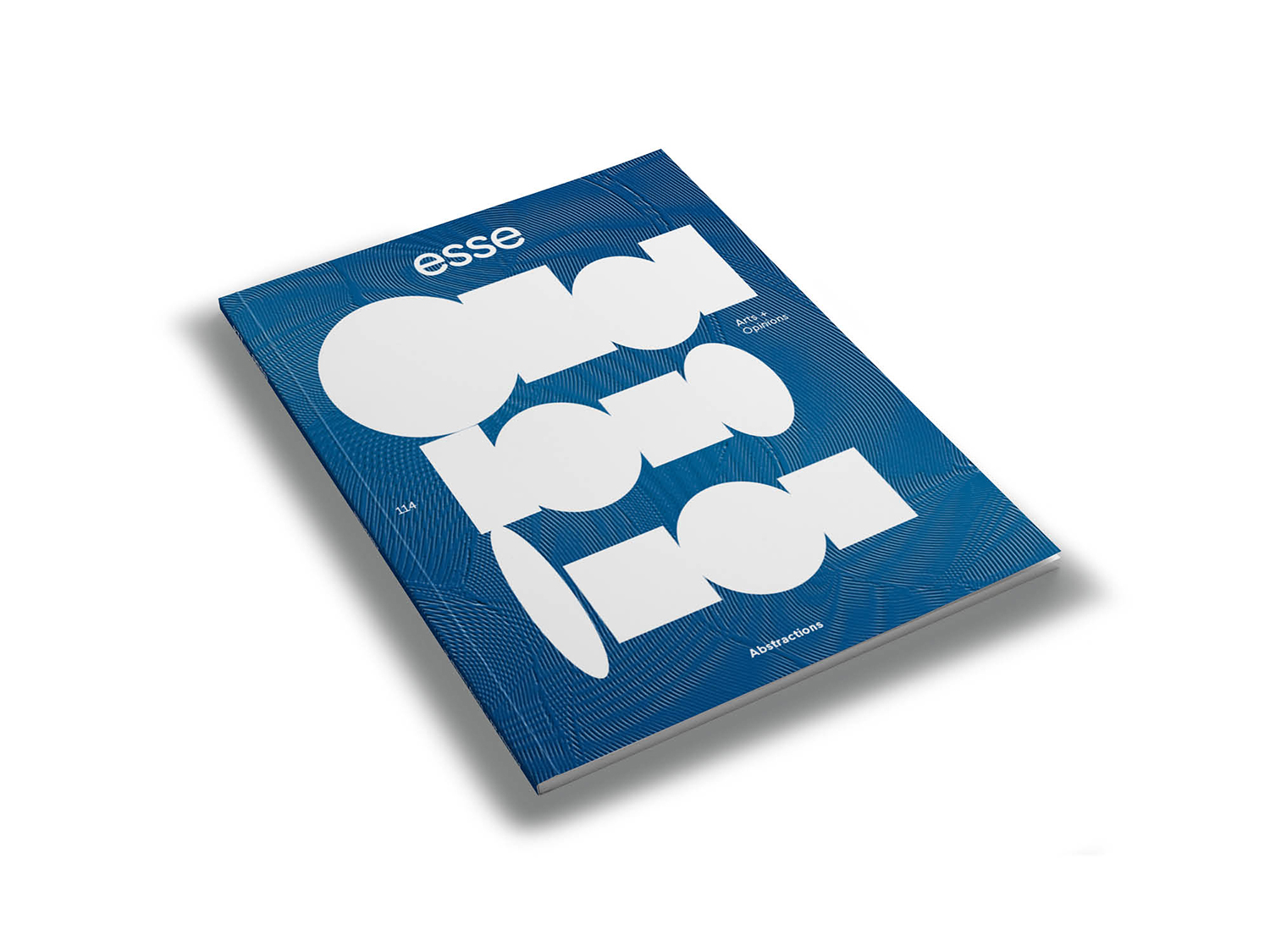Summary
93
Sketch
Spring Summer 2018
These various modes, which we convene under the term sketch, have a common preparatory function and consequently, a status of incompletion. The sketch leads to a wide range of strategies and gives rise to new research on the materiality, temporality, and spatiality of a work. To do this, it still takes the traditional route of drawing, painting, and sculpture, and sometimes of new technologies, while also referring to the outline of a movement or a brief posture. Therefore, we designed this issue to reflect the abundance of possibilities and deliberately break away from an essentially discipline-based approach to drawing, focusing instead on the creative intention found in the sketch and the fluctuations of its outcomes.
Editorial
Feature
Drawing Lines
The Sketch Artist: Interview with François Morelli
Drawing Inuit Satiric Resilience: Alootook Ipellie’s Decolonial Comics
The Sketch in the Work of Frances Stark, Jacolby Satterwhite, and Sue Tompkins
Sketchy Machines: Propositions Around Three Robotic Artworks
Praxis of the Unfinished
Being Brief
Portfolios
Columns
Reviews
Current Issue
Abstractions
Spring Summer 2025
Yet what about abstraction today? Long confined to formalist and self-referential imperatives, abstraction has gradually freed itself from the modernism yolk to recapture its evocative power. This issue proposes to turn away from the dogma of Abstraction as a historical genre to consider its various plastic and semantic avenues. In this invitation to explore abstractions, we wish to re-establish a dialogue between content and form, between the political and the poetic, by engaging with works that evoke reality differently. Whether they are qualified as abstract, non-figurative, or non-objective, these works certainly tell us stories.
